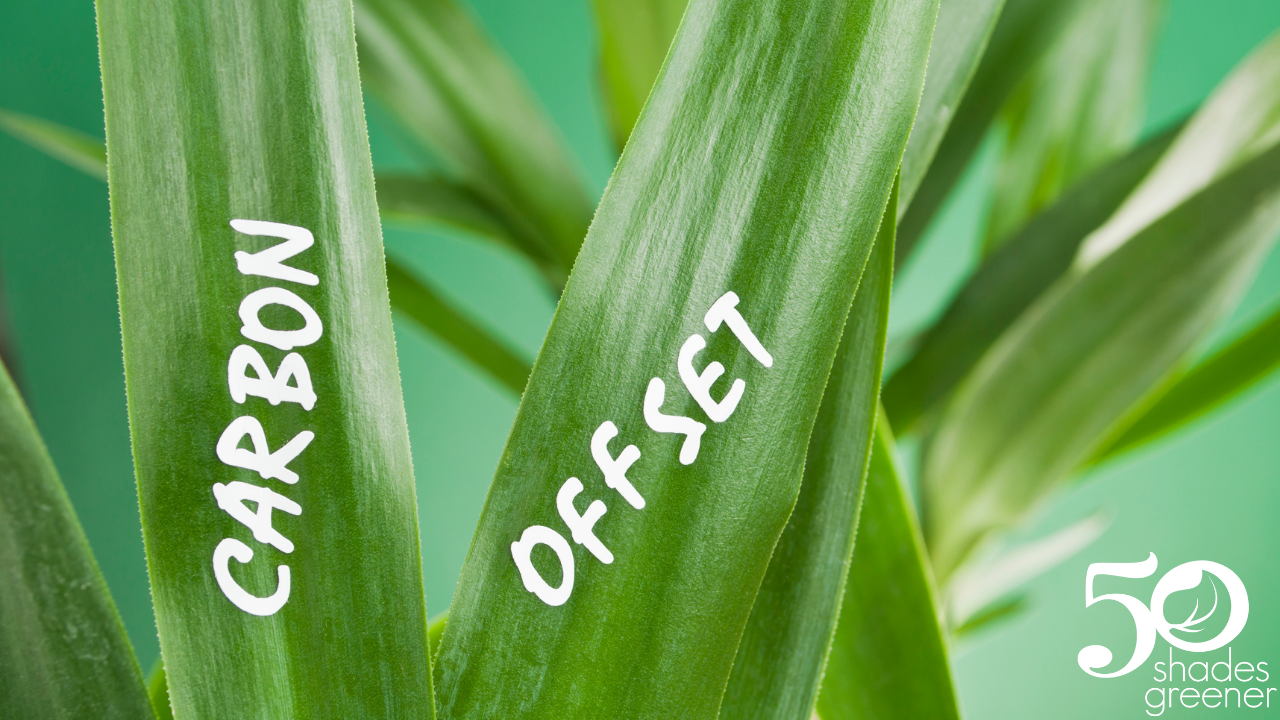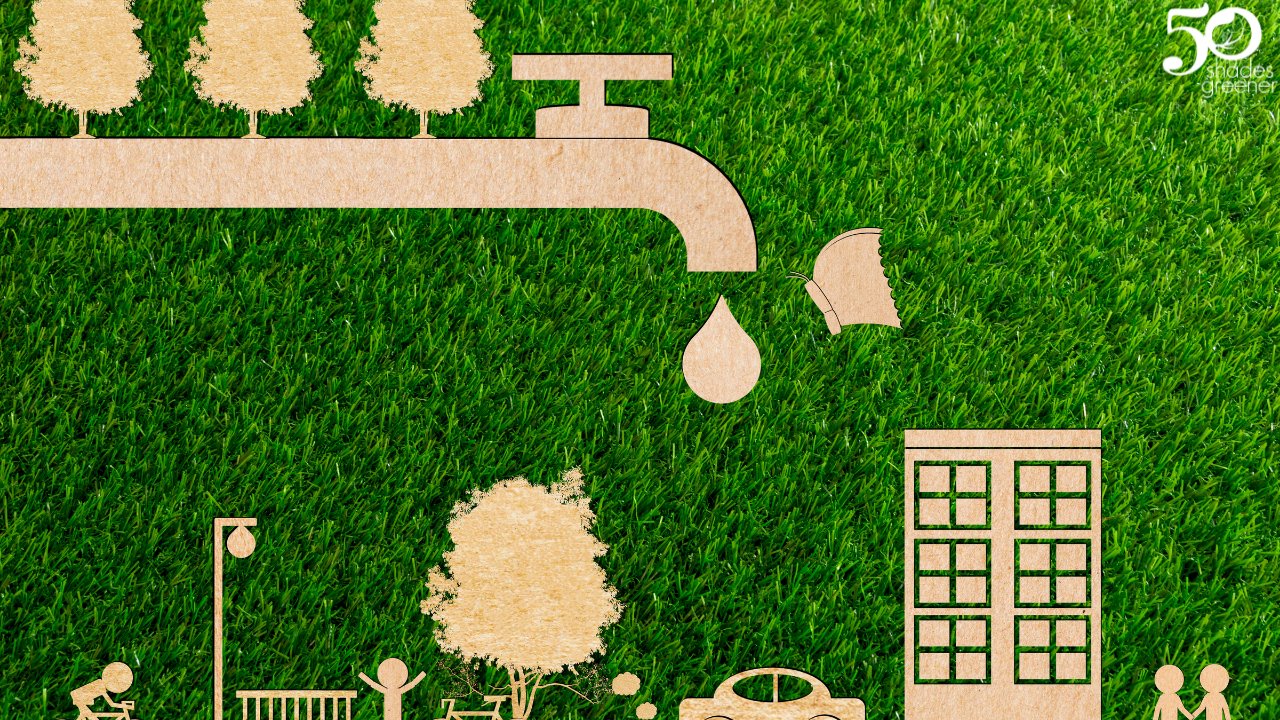Business Spotlight: Watermark Coffee
Brewing Sustainability, One Cup at a Time
Let’s talk about coffee. Not just any coffee, the kind that works towards restoring the planet while simultaneously caffeinating your mornings. Meet Watermark Coffee, a progressive Irish coffee company blending exceptional taste with environmental action. They’re the coffee experts who turn your daily brew into a sustainable action plan.
A Bean of Inspiration
The story of Watermark Coffee begins under the sea. Founder and lifelong scuba diver, David Lawlor, has spent 25 years witnessing the ocean’s decline; bleached coral reefs, shrinking biodiversity, and dwindling marine abundance. This personal connection to the natural world is what fueled a mission: to transform a coffee business into a force for environmental good.
Fast-forward eight years, and that mission has blossomed into a thriving enterprise. Watermark Coffee is now a leader in sustainability, operating with certifications like Rainforest Alliance and Guaranteed Irish. They even...
My lightbulb moment – why isn’t everyone doing this?

Back in 2012, while working as the Sales & Marketing Manager of Hotel Doolin in West Clare, my General Manager told me to form a "green team" and apply for Green Hospitality Ireland certification.
Excuse me but...what?!
To say I was apprehensive at the start would be an absolute understatement!
I had no idea where to even begin.
I attended workshops, seminars, and completed an endless number of courses as well as reading blogs about Green businesses.
Within 2 years and with little to no investment, we managed to reduce our Energy by 30%, our Waste by 40% and our Water by 25%.
My first thought was “WHY ISN’T EVERYONE DOING THIS?"
To me, greening your hotel or restaurant became not just “the nice thing” to do, it is instead “the smart” thing to do from a business perspective.

My Light-bulb moment
At this point of my career, everything shifted and changed for me forever.
The "Why isn’t everyone doing this?" began forming an idea in my head.
What if I could teach other...
Is plastic a silent killer?
How many plastic bottles of water or soft drinks do you purchase every month? Or every week or every year?
There is a lot of talk about reducing plastic as it continues to end up in our oceans and rivers, but there isn’t too much talk about the possible harmful effects that plastic might have on our own health!
We are not here to scare anyone or tread the fine line of coming across as a “conspiracy theorist". However many scientists have investigated plastic and the harmful chemicals it can release in liquids and food, so we want to take a look at the facts available to us.

A report from https://www.consumerreports.org/ states that researchers analysed 34 everyday plastic products made out of eight different types of plastic to see how common toxicity might be. 74% of the products they tested were toxic in some way or another.
Is it fair to presume that the average consumer such as ourselves presumes that if plastic is being used to package our food and drink, that it must be s...
Irish Chef becomes the first qualified Green Manager worldwide

Odran Lucey, executive chef at the Rose Hotel in Tralee, Ireland, has become the first person in the world to successfully complete a brand-new qualification for Environmental Sustainability Management in Hospitality.
Fifty Shades Greener (FSG) and the Confederation of Tourism & Hospitality (CTH) joined forces in late 2021 to create the first Level 4 (Level 6 in Ireland) certificate in environmental sustainability management in hospitality. This is the first qualification of its kind to be regulated as an official qualification on the Ofqual framework of education.
“Reducing carbon emissions should be something that becomes paramount in our daily routines if we really want to provoke a mind-set change. Environmental education is key to driving this transformation and the general education system has a responsibility to not only prepare learners for the world of work, but provide them with the skills to influence employers, politicians and the wider society. This can be achieved throu...
Offsetting or Off-putting?

Many of our hospitality clients have asked what the best carbon offsetting projects are in Ireland, particularly as these businesses strive to become carbon neutral. In a previous Opinion Piece, I have highlighted how I find carbon offsetting problematic: Carbon Offsetting - who can I trust? (fiftyshadesgreener.ie).
I do however understand that there is a need for offsetting to exist for businesses who cannot reduce that small remainder of carbon emissions to become neutral or achieve net zero figures by themselves.
The issue that arises for me is understanding the different options for businesses and the language around offsetting. I feel it is not very accessible or transparent. As I delved into some research, I find myself in murky waters and asking many questions – are there any other offsetting projects available in Ireland apart from the popular tree planting?
How are these projects regulated? What credits are the government buying and why are we not able to have more ind...
Water – Conserving the 1%

I am an advocate for taking personal responsibility when it comes to environmental sustainability.
Every individual choice and action we take has consequences.
Take, for instance, our use of water. There is a perception that it is an abundant natural resource, however, it is limited. Of the 70% of our Earth that is covered in water, only 3% is actually fresh and drinkable. Of this 3% it is not that easy to get! 80% of it is actually frozen in the polar ice caps. So, what does this leave us with? A shocking 1% of fresh water available to us- globally.
As our world population and industries grow, there is a huge demand placed on our water resources. As of 2019, a total of 17 countries are now feeling the stress of water shortages.
The World Data Institute (WRI) says that about one quarter of the world’s population, approximately 1.7 BILLION people - live in a place where farming, industry and cities use 80% of their available water supply every year.
This means that only 20% i...
Oceans of Plastic
It is a place many of us love to be on a sunny day, or on our holidays – by the sea. Looking out on that beautiful, vast horizon I normally find my problems become minute, but how often does it enter our minds that it is being overwhelmed with plastic pollution? I fear this problem is very much “out of sight, out of mind”.
It is estimated that 10 million tonnes of litter enter the world’s oceans each year. Plastic makes up 80% of this “marine litter” (IUCN, 2018). Think about that figure for a moment, 10 million tonnes of waste equates to more than 1 garbage truck load of rubbish, entering the ocean every minute. That is staggering.
Beach clean ups are great initiatives, bringing communities together, creating awareness and keeping local coastal areas clean. But it is not enough. they are not a solution to this problem, it is like putting a band aid on to a broken leg.
“It is estimated that 70% of marine litter is on the seabed, 15% is floating in the water column and 15% is wha...
Why are we still not listening to Generation Tomorrow?
It is no secret that Climate Change is the biggest threat to our planet in modern times.
The irony of this colossal problem, is that more than likely it will not be the “adults” of this generation that will suffer the worst effects and consequences, of the current broken systems for safeguarding our planet. It is in fact, Generation Tomorrow that will have to deal with this devastation.
Even armed with this knowledge, we are still choosing to rest on our laurels and remain permanently stuck in our old ways of thinking about our educational system.
We continue to work and push the agenda of the old frameworks of recognition and accreditation for our students. We continue to provide linear learning from teacher to student even while knowing that this is not what the teachers and students want.
Last month I had the privilege to connect with Kirsty Knowles, a visionary, dynamic and astute education leader based in the UK. Kirsty has written an Education piece titled “The 3R’s are just ...
How do we prepare our young for the market place of the future?
The Irish Times has published an article titled:
Food & Drink companies facing mandatory emission targets.
The article starts by saying:
“All major Irish food and drinks companies will in future have to commit to reducing carbon emissions if they are to be part of Origin Green – the national sustainability programme run by Bord Bia.”
This is not surprising at all, what is surprising to me is that these measures are not part of our real world right now.
The Paris agreement is a legally binding international treaty on Climate change adopted by 196 parties in 2015. All countries participating need to achieve Zero Carbon by 2050.
Implementation of the Paris Agreement requires economic and social transformation.
But how do we achieve social transformation?
Social transformation is not something that can be achieved in a couple of years. Our culture, politics, economy, the way we think and live, needs to be transformed in a way where carbon emissions are part of our DNA.
Carbon ...
How can I make a difference ?
Last month, we were delighted to officially launch our environmental education programme for secondary schools here in Ireland.
Since the launch, we have been lucky to engage with these students and create a space where we encourage them to ask us anything that may be causing anxiety in regards to Climate Change.
One student, asked a very important question in relation to plastic waste last week:
How can we make a difference when the big companies are the ones who create the products we buy?
I love these types of questions, and students don’t hold back thankfully with how they feel. We appreciate this honesty no end.
But, how do you answer the above question?
To be fair it is absolutely a valid point to make. Our current consumer society has been created by large corporations, they thrive by sending us into a frenzy of convenient consumerism of cheaper products, disposable items, etc.
Nowadays some people feel if they do not have a new dress or suit to wear at the next party for...


